In what many will see as an entirely unsurprising development, Iran has reportedly decided to cancel Indian participation in a rail project that connected Chabahar Port via Zahedan to Afghanistan. That project was India’s strategic ‘gate pass’ to trade with the landlocked country, thus bypassing Pakistan altogether. Now it seems that the Iranians have inaugurated the 628-kilometre line without any Indian participation. Meanwhile, India has denied the reports, with The Times of India quoting officials as saying that New Delhi remains “committed to building the Chabahar-Zahedan railway line and is continuously engaged with Iranian authorities concerned to take this important project forward.” Deal-making during disaster So here’s the unsurprising part. Iran has cut oil production to its lowest in 40 years and is struggling with a more-than-severe COVID-19 death toll — not to mention an accident at its Natanz nuclear facility. That led to political repercussions serious enough to merit a national address from Supreme Leader Ayatollah Khamenei himself. Tehran could do with money, technology, assistance, the lot. China is said to be standing ready to offer a $400 billion investment deal, details of which yet not public, and which is yet to be ratified by the Majlis. Being Iran, there are naturally ‘leaks’. According to The New York Times, the deal will bring Chinese investment into not just oil and gas, but a variety of sectors including railways and banking, in return for which Beijing will receive heavily discounted oil over the next 25 years. Sources also allege that the deal includes priority rights to Beijing on any related project, concessions upto nearly 32 percent, and a reported military dimension that entails the detailing of a small Chinese military contingent in the state. All of this seems to have been in discussion since January 2016, when a ‘Comprehensive Strategic Partnership’ — which among other things committed Iran to the ‘Silk Road Economic Belt and the 21st Century Maritime Silk Road’ — was inked and stated that “both sides shall enhance their bilateral and multilateral cooperation in areas such as fossil fuels… security of demand and supply, as well as transfer and transportation of fossil fuels”. In sum, none of this is really new, except the extent to which Iran has been pushed against the wall by Beijing at a time of serious crisis. And no wonder then that even the Ayatollah is backing the deal. Chinese promises and puzzles But here’s the hard boiled approach. China has a habit of promising billions and cutting off a couple of zeroes on the ground. In actual figures, Chinese exports to Iran dropped 70 percent in the last quarter of 2018 after sanctions were re-imposed, from $1.2 billion to a low of $400 million in December. In April 2020, Bloomberg, quoting Chinese customs authorities, noted that imports of Iranian oil in March had amounted to just under $115 million, down 89 percent, year on year — the lowest in 20 years. Although ghost ships and imports through third countries may continue to some extent, the fact is that Chinese banks are also putting the screws on what businesses can be conducted.
In effect, Beijing turned the tap off, forcing Iranians to resort to payments in cash, and transfers via other countries. That’s no way to do business.
All of this despite the fact that Iran offered outright and public support to China on the COVID-19 crisis. As a telling analysis notes, with Chinese total investment in the Belt and Road Initiative totalled as $500 to 600 billion by 2022, Beijing was hardly likely to put around two-thirds of a yearly figure into incredibly risky Iran. Of course, China can do with (really) cheap oil. The question is whether it will actually pay for it. India and the port Meanwhile, India continues to operate two berths at Chabahar Port. Phase One of the project was completed in 2017, and physical transfer taking place with a 10-year contract awarded to the Special Purpose Vehicle “Indian Ports Global, Chabahar Free Zone”. The first shipments began in August. However, imposition of sanctions meant that bidders to maintain, manage and operate the port have been difficult to find, as have tenders for equipment. Indian investment has recently revived as the government allocated Rs 100 crore in the 2020 budget; and also provided the company with an exemption from the Department of Public Enterprises guidelines, very shortly after the visit of Foreign Minister S Jaishankar to Tehran. Meanwhile, the port itself continues to provide the ingress to Afghanistan, as Delhi obtained a waiver for the purpose. Goods moved quickly, but by road only. Sanctions and railways It was during the truly historic visit of Prime Minister Narendra Modi to Tehran in 2016 — the first prime ministerial visit since 2001 — that the agreement for a ’transit corridor’ was signed in the presence of President Ashraf Ghani of Afghanistan, for a rail link from Chabahar to the Afghan border. That was later fleshed out in 2018 with Indian Railway Construction Company ( IRCON) slated to take on the task at a cost of $1.6 billion. Notably, it also involved Iranian companies to build parts of the railway, in a bid to revive local capability. However, work seems to have stalled, as other countries like France, South Korea and Russia among others, who were involved in building local railway capacity backed off as sanctions bit. On the face of it therefore, Tehran is justified in asking India to pull out. But as it is more than obvious that Chinese companies will also face US sanctions if they weigh in to make the railway, the whole exercise seems rather pointless. In sum, it seems Tehran is staging a China-inspired bite-back at India, at a time when New Delhi is pushing out a Chinese app one day and a company on the next. Iran wants that deal, and no one can seriously malign it for that reason. But the deal will be troublesome internally and externally. Iranians are already dealing with a flood of Chinese goods killing off local competition, and any larger Chinese presence in Iran — particularly a military one — will be problematic for Beijing’s own West Asia policy, besides being against Iran’s own Constitution. Besides, there is the fact that the port and the railway are part of the International North South Transport Corridor, am ambitious connectivity project that involves at least 13 countries, to move goods into Russia and Europe. Iranian officials were recently trying to promote this project, as a route between India and Russia. Delhi seems to to be finally ready to go all out on the project, despite a hovering China, and a US policy that is suicidal for the region. Hopefully, this jolt will only lead to a further pressing down of the accelerator, and not another bout of ‘rethinking’ that is so popular within the Indian bureaucracy.


)
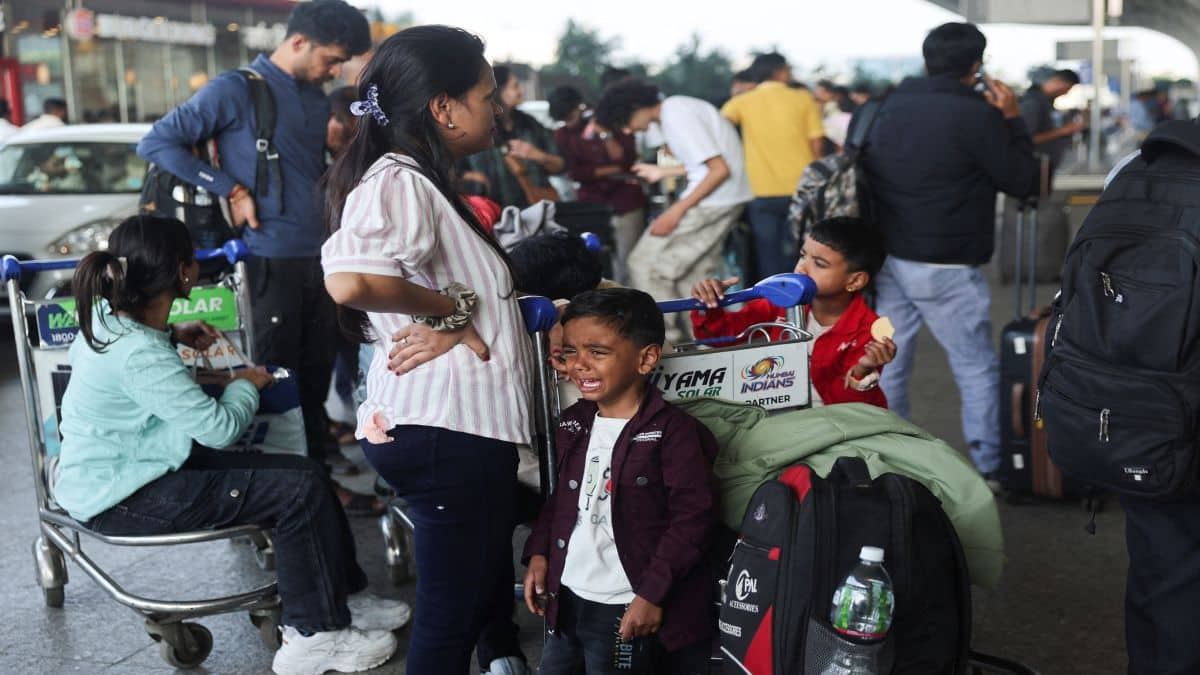
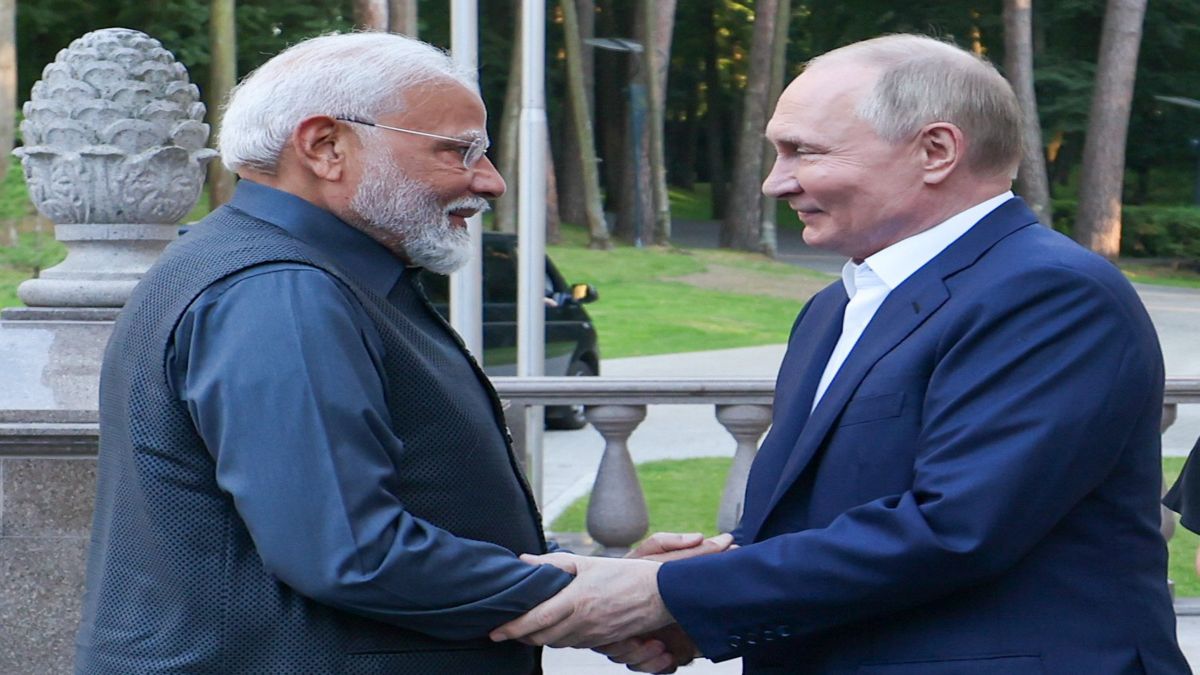)
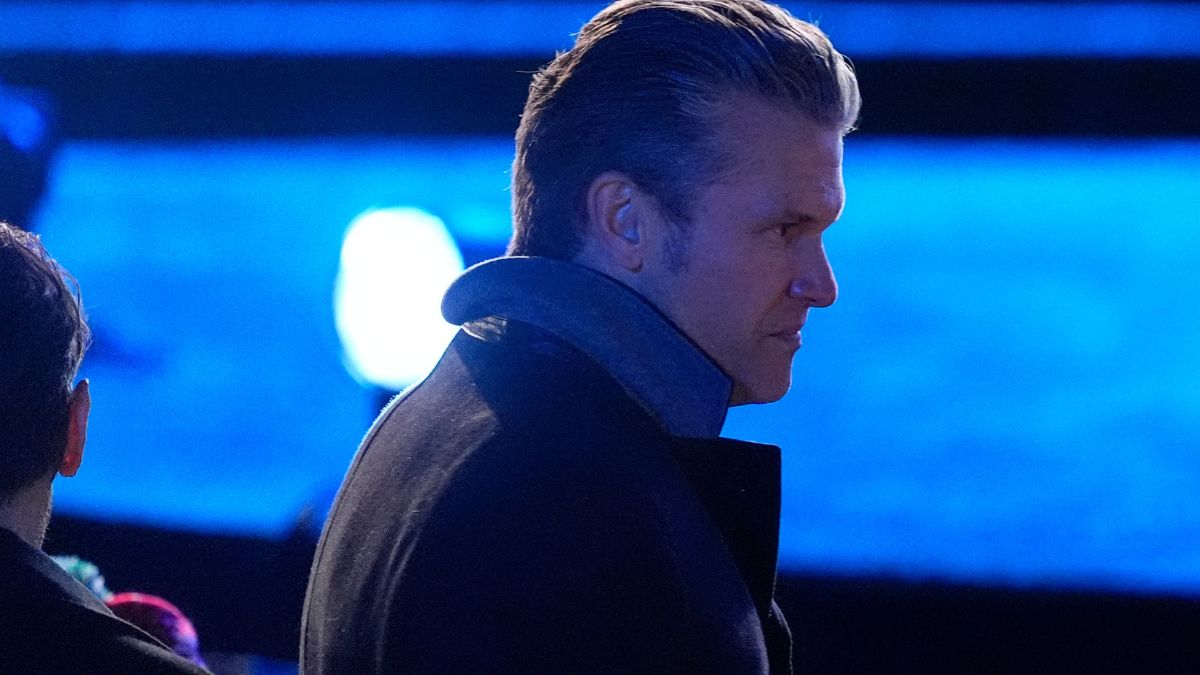)
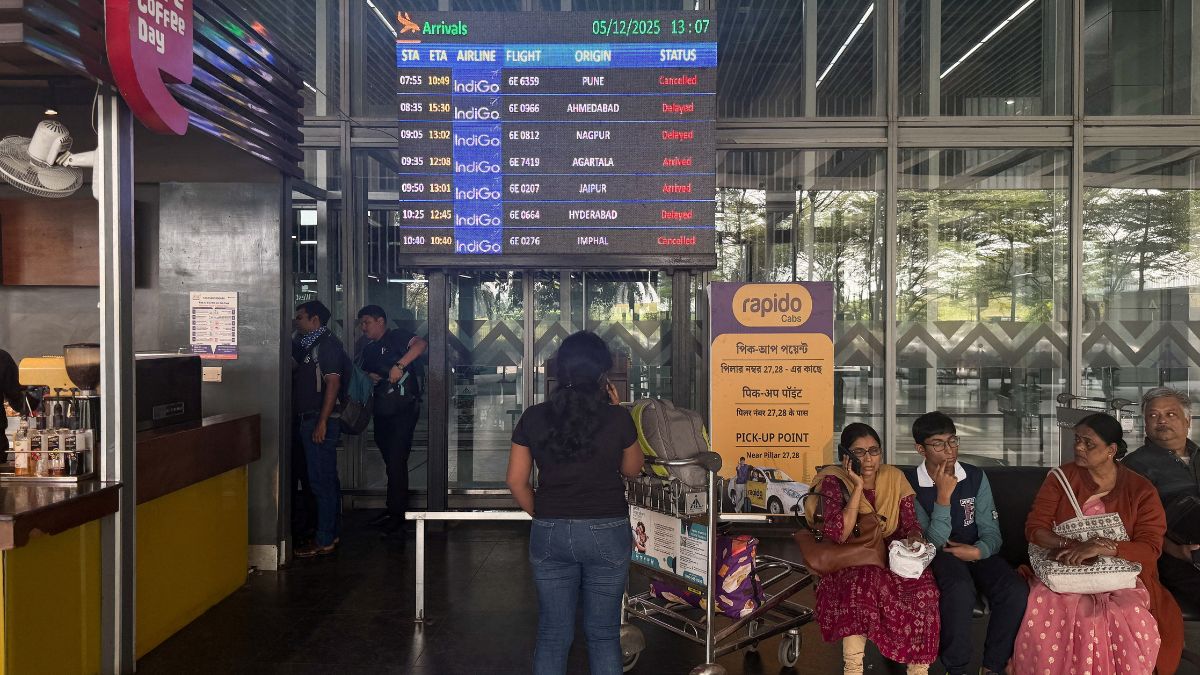)
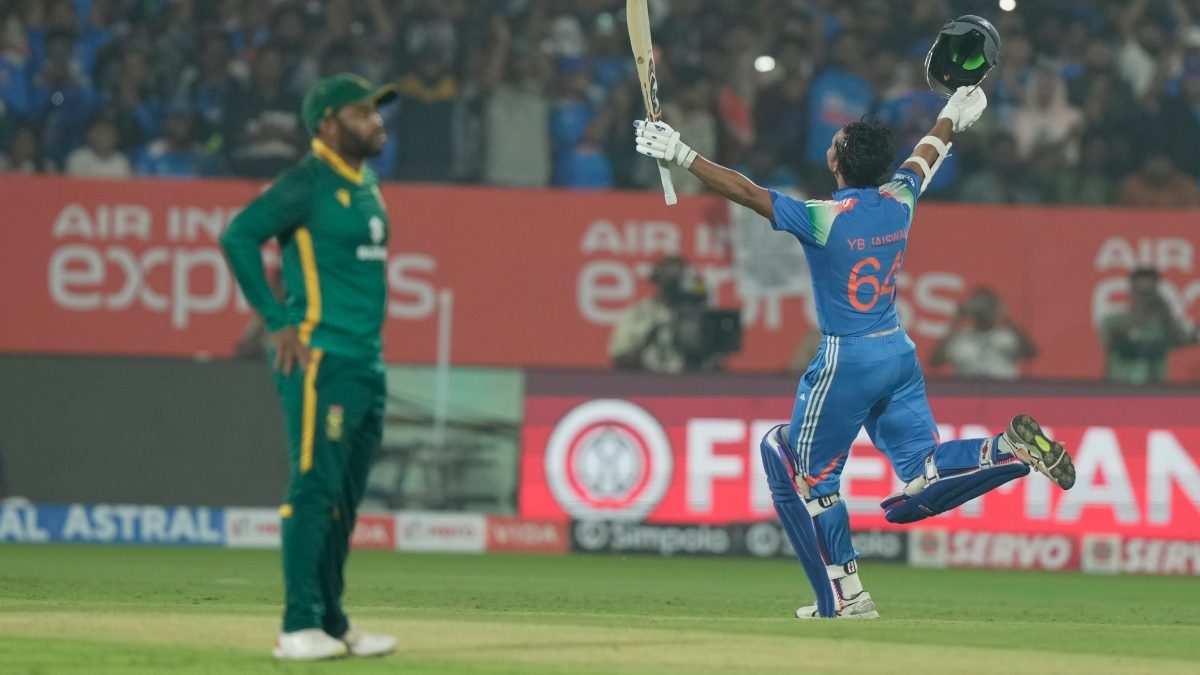)
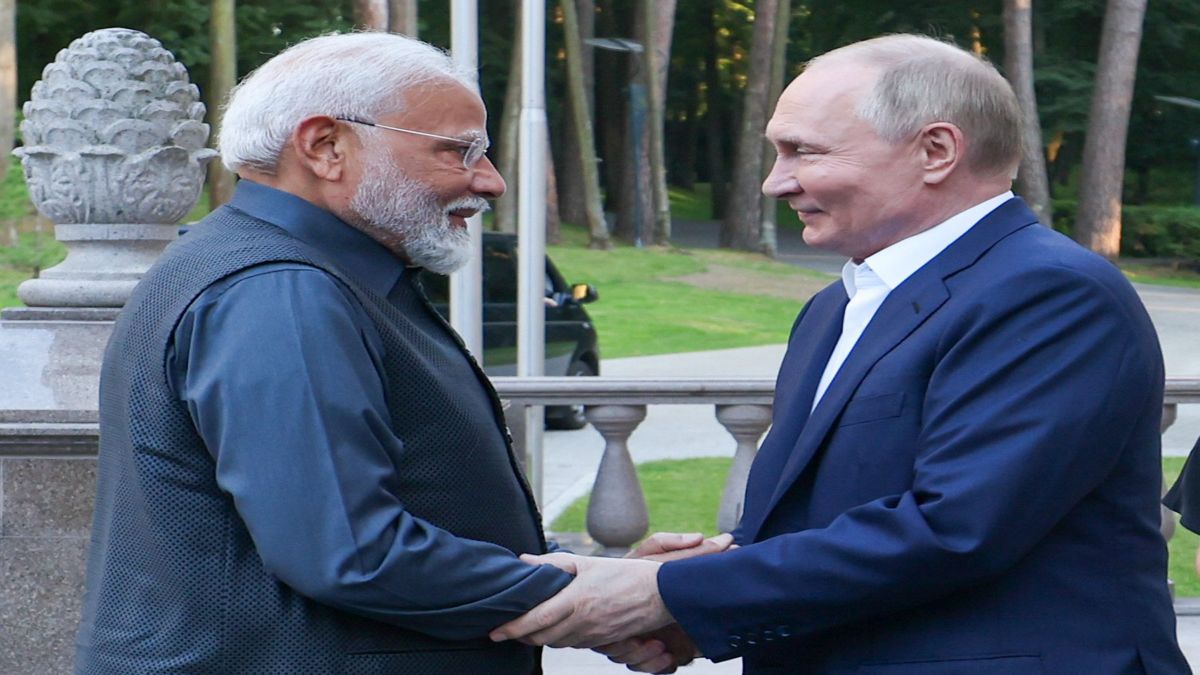)
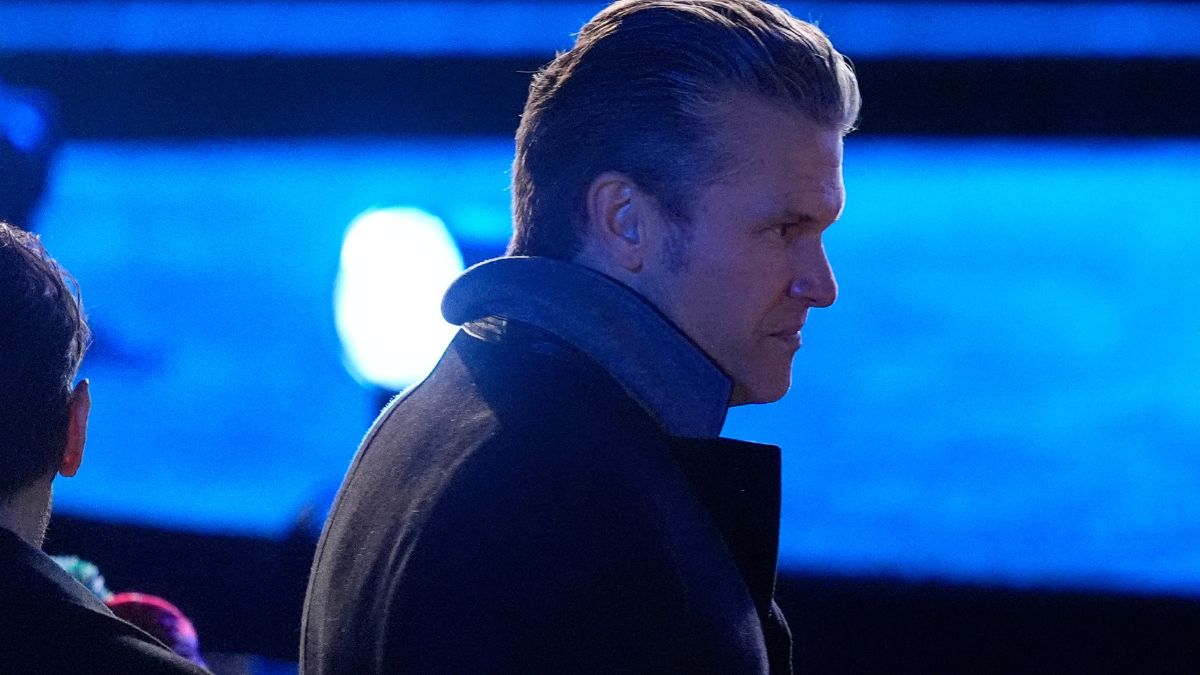)
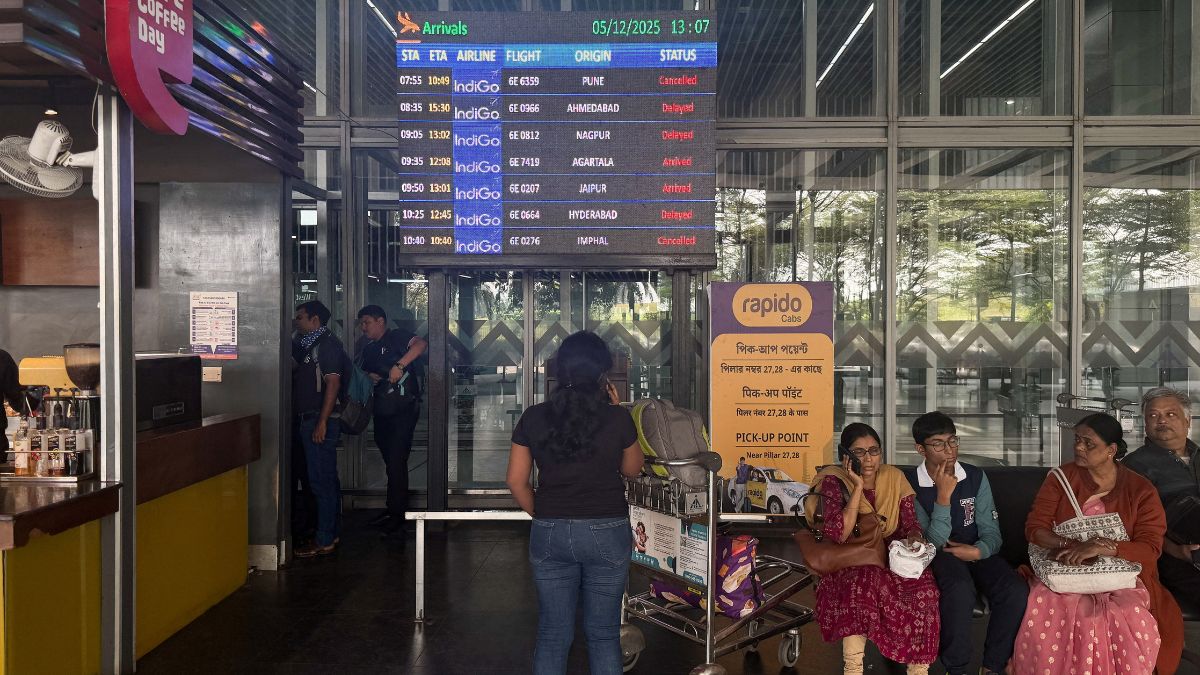)
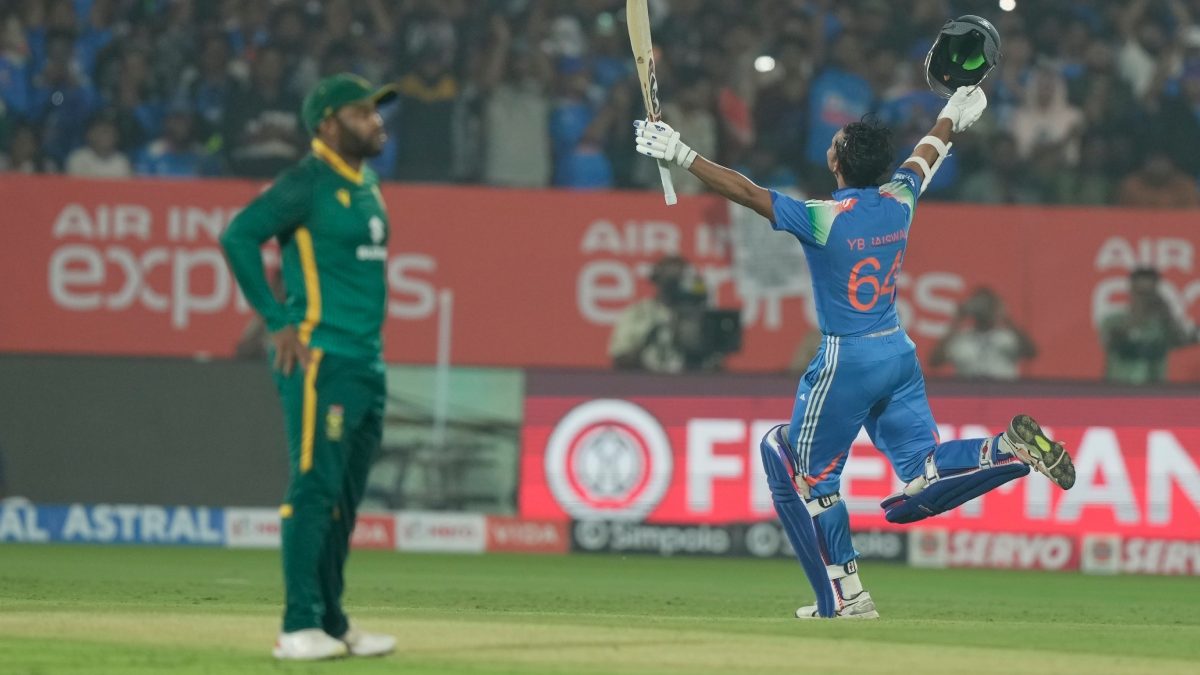)



